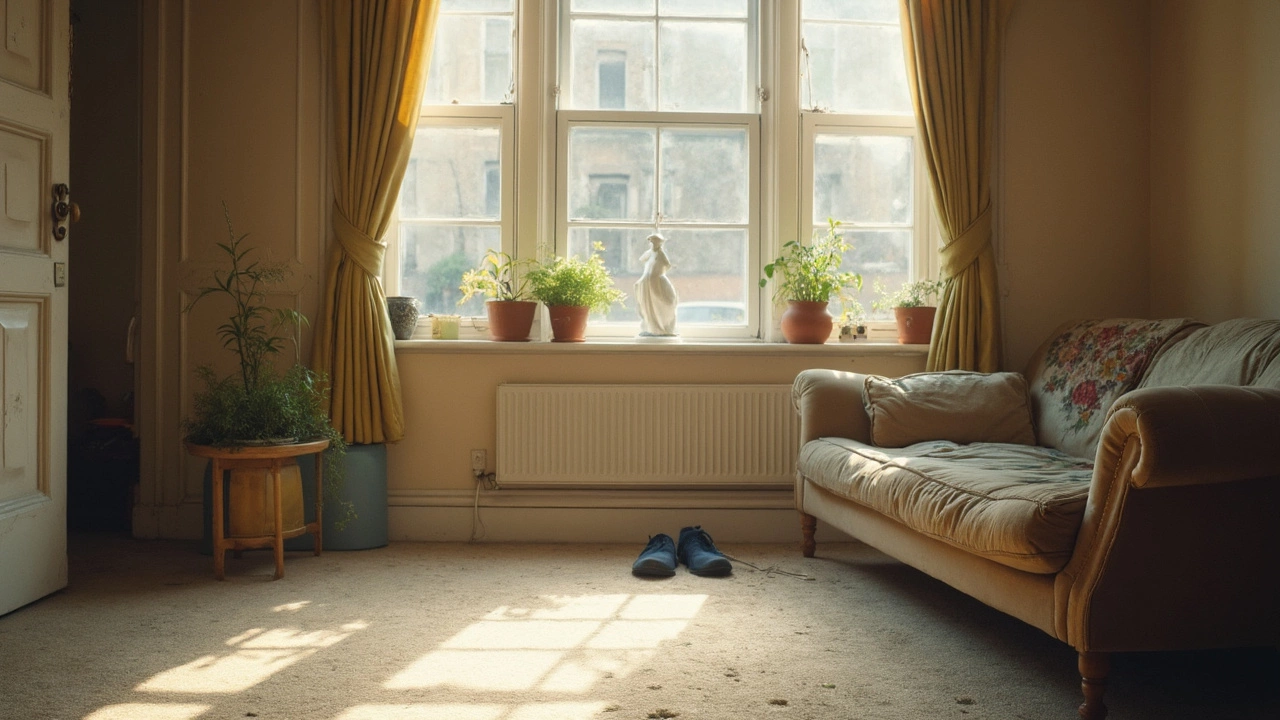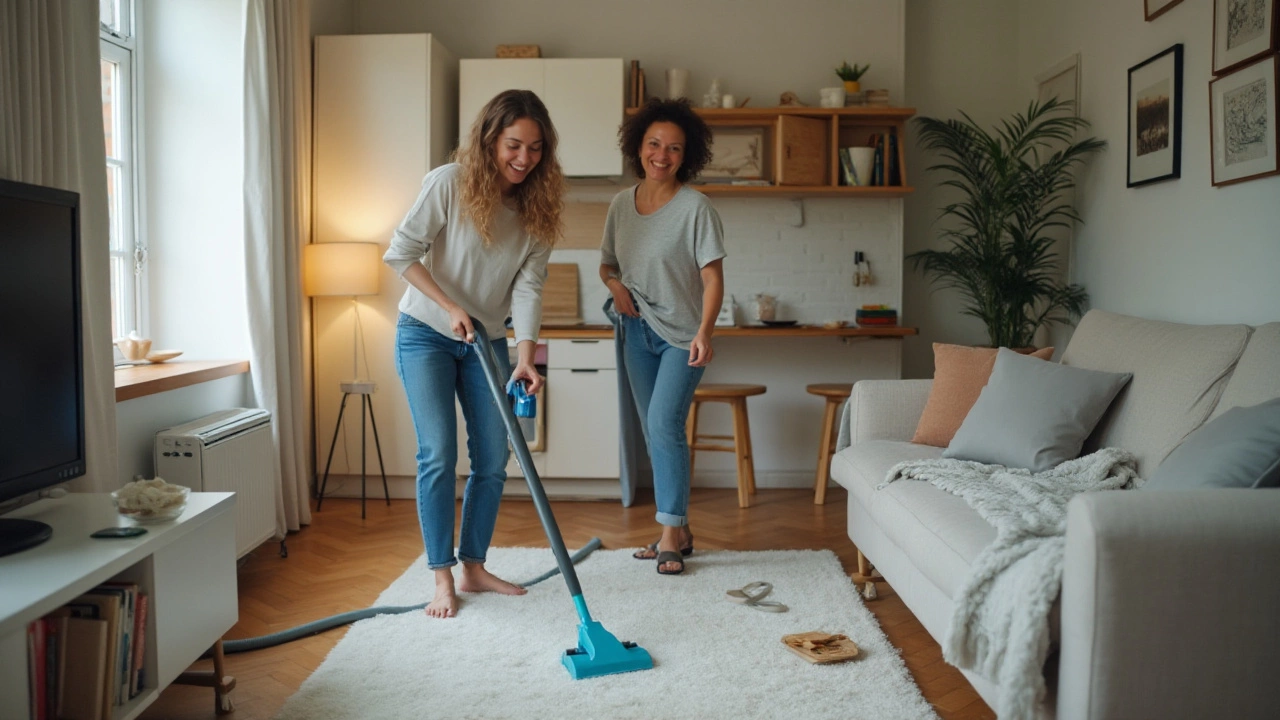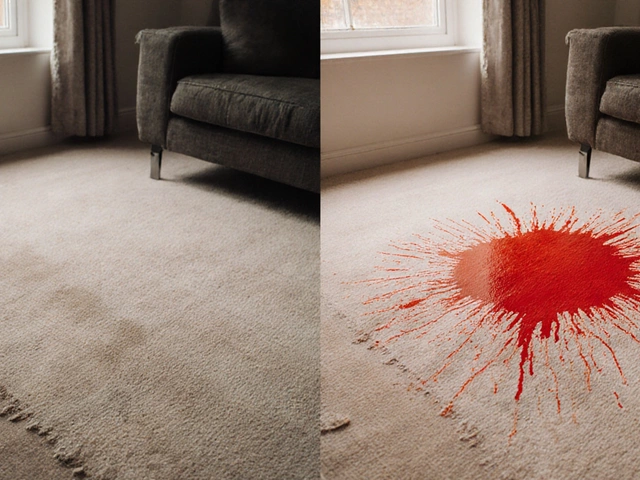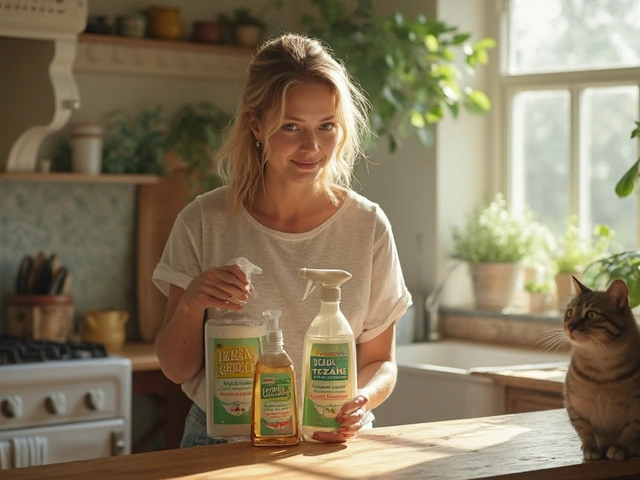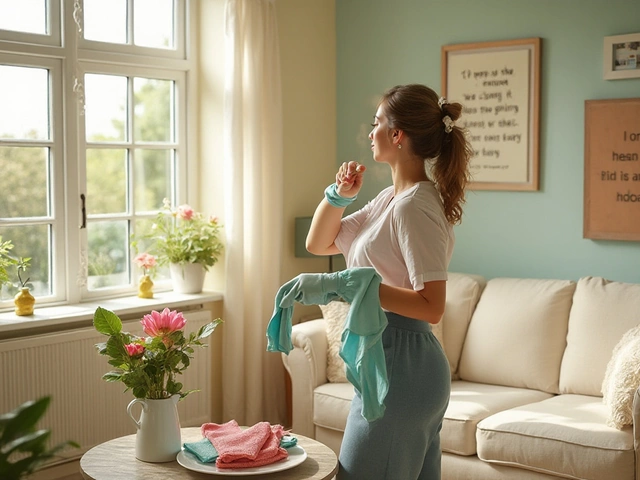Rental Property Essentials for Landlords and Tenants
When dealing with rental property, a dwelling that a landlord rents out to a tenant in exchange for rent. Also known as let property, it requires careful financial planning and regular upkeep to stay profitable and safe.
One of the biggest budget lines for any wear and tear expenses, the costs associated with normal depreciation of appliances, flooring, and fixtures is often misunderstood. Landlords typically calculate these costs by estimating the useful life of each asset and allocating a yearly portion. For example, a five‑year dishwasher might be written off at 20 % per year. This method keeps your accounts tidy and helps you stay compliant with HMRC guidelines.
Beyond depreciation, landlord expenses, the out‑of‑pocket spending a landlord incurs to keep a property rentable cover things like insurance, council tax (if the landlord pays it), and agency fees. Tracking these costs in a simple spreadsheet lets you see the real profit margin. A quick tip: group recurring items (e.g., annual gas safety checks) so you can budget them in advance instead of scrambling when a bill arrives.
Keeping a property maintenance, the routine activities that prevent wear and tear from turning into major repairs schedule is the bridge between expenses and tenant satisfaction. Regular window cleaning, pressure washing of external walls, and checking for limescale buildup in plumbing can stave off expensive emergencies. A simple monthly checklist – test boiler pressure, clear gutter debris, wipe down kitchen appliances – saves you from unexpected calls for a plumber or electrician.
Practical Tips You Can Use Right Away
Start each season with a short audit. Walk through every room, note any signs of water stains, squeaky doors, or faded paint. Those small fixes usually cost less than a full‑scale renovation later. If you own a property in a hard‑water area, pay extra attention to limescale on taps and showers; a vinegar‑water soak once a month can keep pipes clear and reduce mineral damage.
When you hire a cleaning service, ask if they use eco‑friendly products. Green cleaners protect your tenants’ health and won’t wear down surfaces as harsh chemicals can. Many local firms, like Oven Love IOW, specialise in kitchen and oven cleaning without harsh fumes, which is a nice bonus for renters who love a spotless cooking space.
Finally, remember that good communication with tenants reduces turnover. A quick text asking if the new paint feels fresh or if the dishwasher is still humming can flag issues before they become costly repairs. Happy tenants stay longer, and longer tenancies mean fewer gaps in rent.
Below you’ll find a curated collection of articles that dive deeper into each of these topics – from DIY cleaning formulas to detailed guides on calculating wear and tear. Browse the list to sharpen your landlord toolkit and keep your rental property running smoothly.
